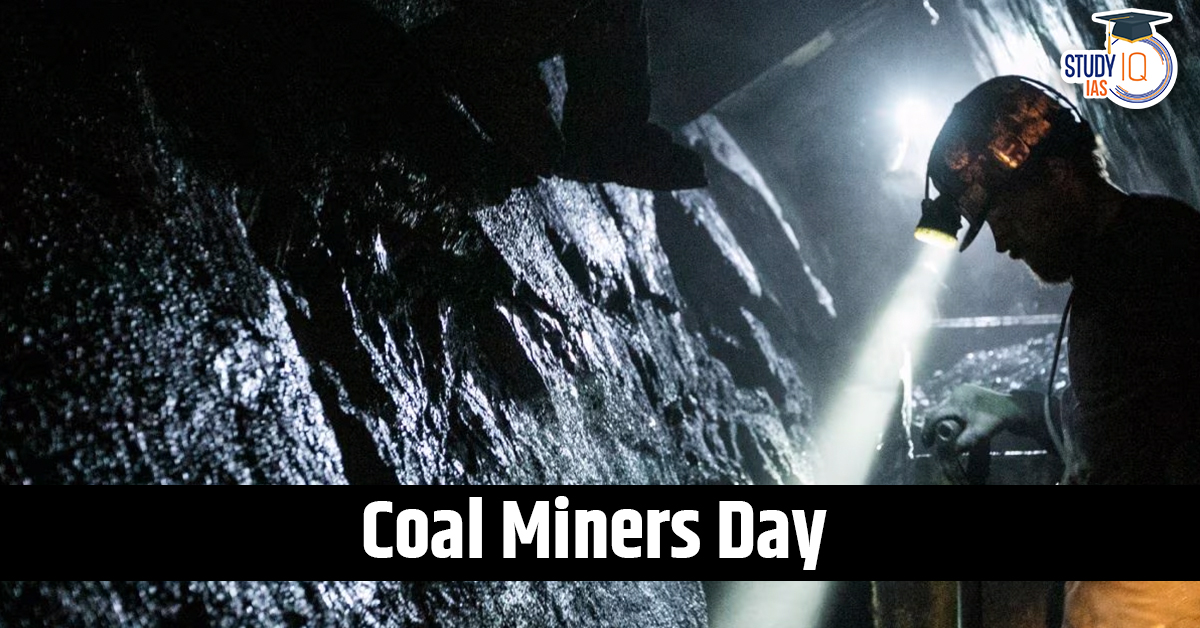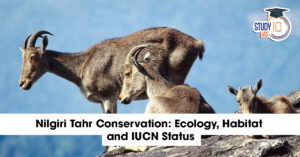Table of Contents
Coal miners have been the behind-the-scenes heroes fueling the engines of industrial advancement for centuries. Working in dangerous conditions deep beneath the earth, these men and women have kept factories humming, trains chugging, and cities warm. Coal Miners Day, celebrated every year on May 4, is a recognition of their sacrifices, bravery, and contributions to society. In 2025, the day becomes more important as the global energy transition threatens traditional mining communities.
This article delves into the history, challenges, mishaps, cultural influence, and contemporary relevance of Coal Miners Day.
Coal Miners Day 2025
Coal Miners Day 2025 is observed annually on May 4 to honor the invaluable contribution of coal miners to the industrial and energy sectors across the globe. These workers have toiled under dangerous and often life-threatening conditions to power nations and fuel progress. The day serves as a reminder of their struggles, labor rights, major historical mining disasters, and the ongoing need for safety and support, especially as the world transitions toward cleaner energy sources.
| Aspect | Details |
|---|---|
| Date | May 4, 2025 |
| Observed In | India (primarily), recognized globally |
| Purpose | To honor and remember the sacrifices and contributions of coal miners |
| Historical Background | Linked to the industrial revolution and the rise of coal-based economies |
| Major Countries Involved | India, China, USA, UK, Russia, Australia |
| Associated Hazards | Gas explosions, roof collapses, toxic gas exposure, and black lung disease |
| Famous Disasters | Benxihu (China), Courrières (France), Chasnala (India), Senghenydd (UK) |
| Cultural Influence | Folk songs, films, memorials, and trade union movements |
Historical Background of Coal Miners Day
The tradition of celebrating Coal Miners Day began as a way to acknowledge the significant role coal miners have played in the industrial revolution and beyond. Coal, being one of the earliest sources of energy for steam engines, electricity, and various other forms of industrial machinery, revolutionized the world’s economy.
From the late 18th century, coal became an essential resource, especially during the industrial boom. Miners often faced perilous working conditions—high risks of injury, respiratory diseases, and sometimes fatal accidents. Despite the challenges, coal miners have remained resilient, shaping the foundation of modern energy infrastructure.
In many countries, particularly in the United States, the United Kingdom, and Australia, mining communities became the backbone of industrial growth, and the miners themselves became symbols of strength, solidarity, and perseverance.
Importance of Coal Mining
Coal mining remains one of the key sectors in the global energy mix. It powers industries, drives economies, and supports the livelihoods of millions. Here’s why coal mining is so crucial:
1. Energy Production
Coal is the most abundant source of energy worldwide, especially in countries like China, India, and the United States. It fuels power plants that produce electricity, heating, and steel. Despite the growth of renewable energy sources, coal still accounts for a significant portion of global energy needs.
2. Economic Contribution
In regions where coal is mined, it is a primary source of income and employment. It supports not only the miners but also entire communities, contributing to local economies through the creation of jobs in coal mining, transportation, and power generation industries.
3. Employment Opportunities
Coal mining offers direct and indirect employment to millions of people. In addition to the miners themselves, jobs are created in ancillary industries such as equipment manufacturing, logistics, environmental management, and safety inspections.
4. Global Trade
Many countries export coal to meet the growing energy demands of others. Countries like Australia, Indonesia, and South Africa are major coal exporters, and coal forms a significant part of their economy.
Challenges Faced by Coal Miners
Coal miners face numerous challenges, from health and safety risks to environmental concerns. The work is physically demanding, and the environment is often dangerous. Some of the significant challenges include:
1. Health and Safety Risks
Coal miners are at risk of a range of health issues due to the nature of their work:
-
Black lung disease (pneumoconiosis): Caused by inhaling coal dust, this disease is a major concern among miners.
-
Explosions and cave-ins: Mines can be prone to explosions due to the presence of methane gas, and sudden cave-ins often result in fatalities.
-
Accidents and injuries: The physical nature of the job leads to a high rate of workplace injuries, including falls, crush injuries, and burns.
2. Environmental Concerns
Mining practices, especially surface mining, can have severe environmental consequences. It leads to deforestation, soil erosion, and the destruction of local ecosystems. Moreover, coal mining contributes to air pollution and carbon emissions, which are a significant concern in the context of climate change.
3. Transition to Renewable Energy
With global efforts to reduce carbon footprints, the coal industry is facing pressure to transition to cleaner and more sustainable energy sources. This shift has led to job losses and the closure of coal mines in certain regions. The transition raises concerns for workers who may not have access to alternative employment opportunities.
Why Celebrate Coal Miners Day?
Coal Miners Day is a celebration of the grit and determination of miners who have supported the global energy system for centuries. The day serves as a reminder of their importance, as well as the sacrifices they’ve made in terms of their health, safety, and family well-being.
The day is also an opportunity to raise awareness about the need for better working conditions, fair wages, and proper safety standards. It encourages communities, governments, and industries to invest in the welfare of miners, ensuring they work in safe and sustainable environments.
1. Raising Awareness
On Coal Miners Day, various organizations and labor unions raise awareness about the health and safety standards in the mining industry. Advocacy groups often campaign for better protections, higher wages, and the rights of miners to ensure that their work is respected and valued.
2. Honoring Fallen Miners
The day also provides an opportunity to remember miners who have lost their lives in mining accidents. Memorials, vigils, and events are held to honor their sacrifices and ensure that their contributions are not forgotten.
Celebrating Coal Miners Day: How Is It Observed?
Coal Miners Day is marked by a variety of activities to celebrate miners and the coal industry. Here are some common ways the day is celebrated:
-
Community Events and Festivals
-
Local coal mining communities often hold festivals, parades, and gatherings to honor their miners.
-
Many areas organize educational seminars, workshops, and conferences to raise awareness about the challenges faced by coal miners.
-
-
Memorial Services
-
In many coal mining regions, memorial services are held to pay respects to those who have died while working in the mines. These services may include laying wreaths, sharing stories, and lighting candles.
-
-
Government and Union Involvement
-
Labor unions and government agencies often recognize the day by making statements or organizing events that highlight the achievements of miners.
-
Some governments may offer support to miners through welfare schemes, health programs, or safety regulations on this day.
-
-
Fundraising and Charity Events
-
Various organizations use Coal Miners Day to raise funds for the families of miners who have lost their lives in mining accidents.
-
Charity events, auctions, and concerts are held to support the miners’ families and communities.
-
The Future of Coal Mining and Miners
As the world moves toward a cleaner, greener future with renewable energy sources, the coal industry is undergoing significant transformations. While coal will remain an essential part of the energy mix in some countries for decades, the shift toward cleaner energy is inevitable.
For coal miners, this shift presents both challenges and opportunities. As the industry evolves, retraining programs, better safety standards, and transition plans will be crucial in ensuring that miners can continue to find stable employment, whether within the energy sector or elsewhere.
Conclusion
Coal Miners Day 2025 will be an opportunity to reflect on the contributions of coal miners to the world’s energy systems. It’s a day to celebrate their strength, commitment, and the challenges they face. As we honor the hard work of coal miners, it’s also a time to look ahead and ensure that the transition to cleaner energy is just, fair, and sustainable for all involved.


 Graphic Processing Units (GPUs) – Work...
Graphic Processing Units (GPUs) – Work...
 Gold Imports and the Indian Economy – ...
Gold Imports and the Indian Economy – ...
 Nilgiri Tahr Conservation: Ecology, Habi...
Nilgiri Tahr Conservation: Ecology, Habi...




















